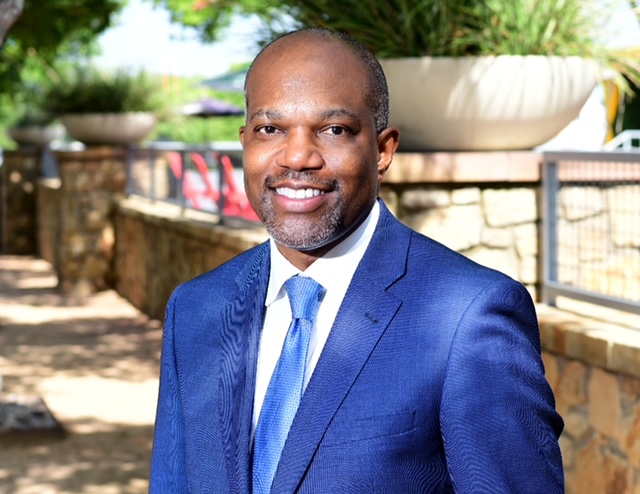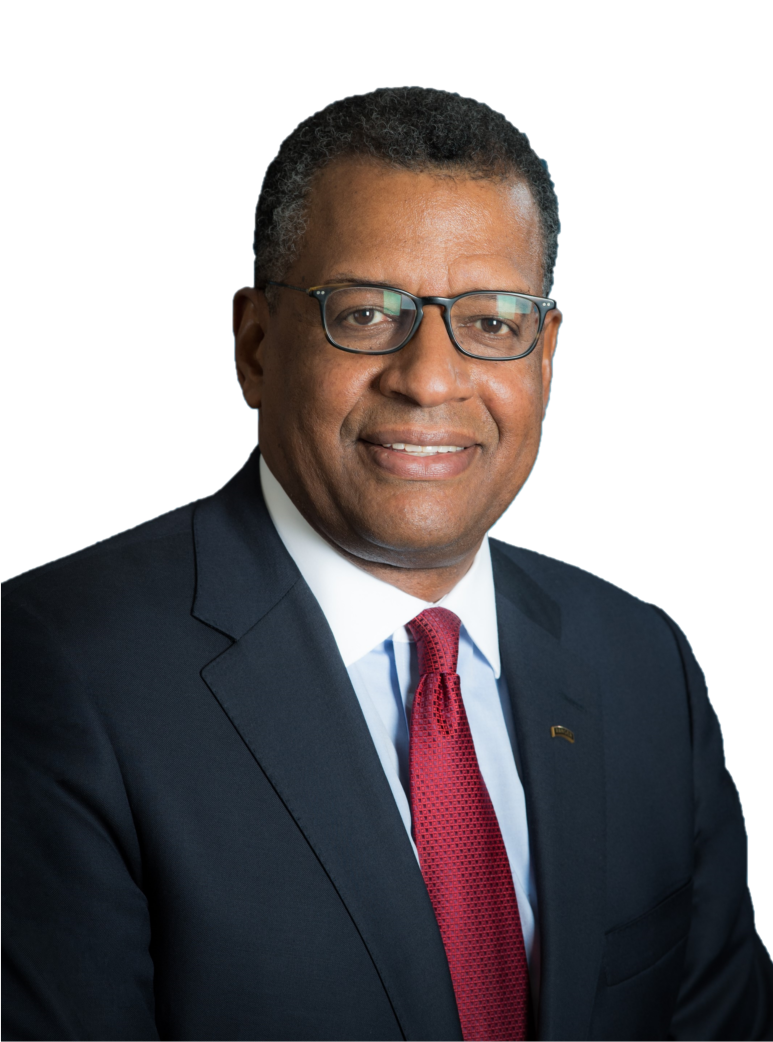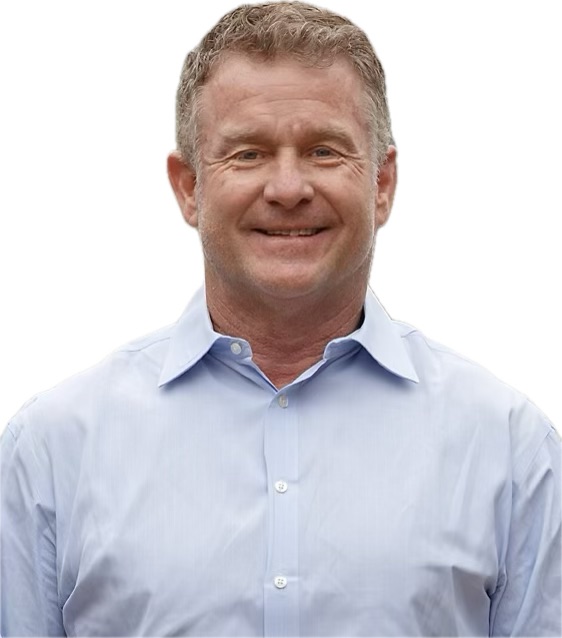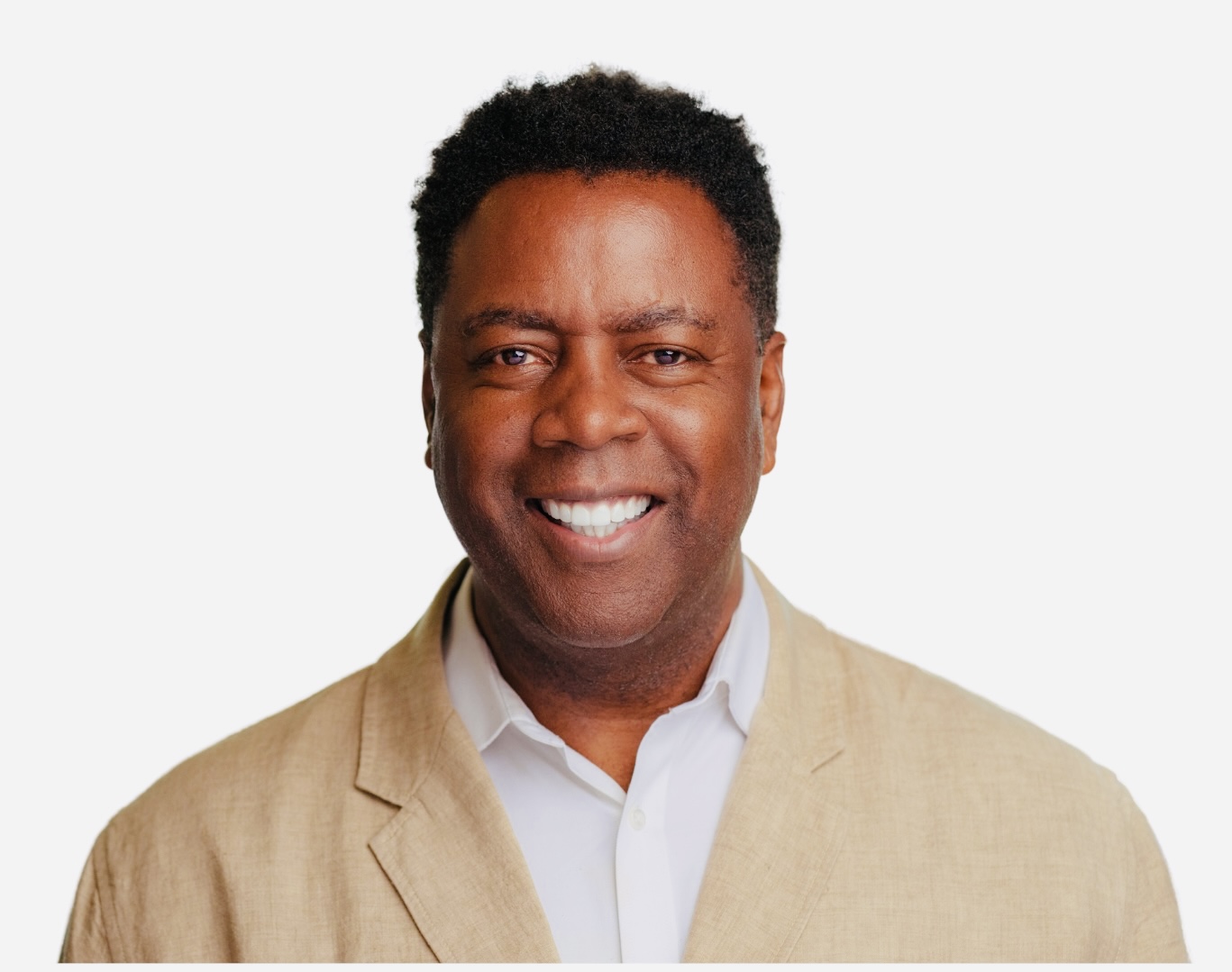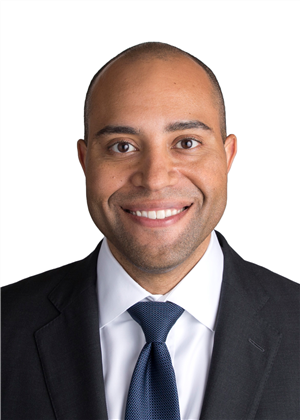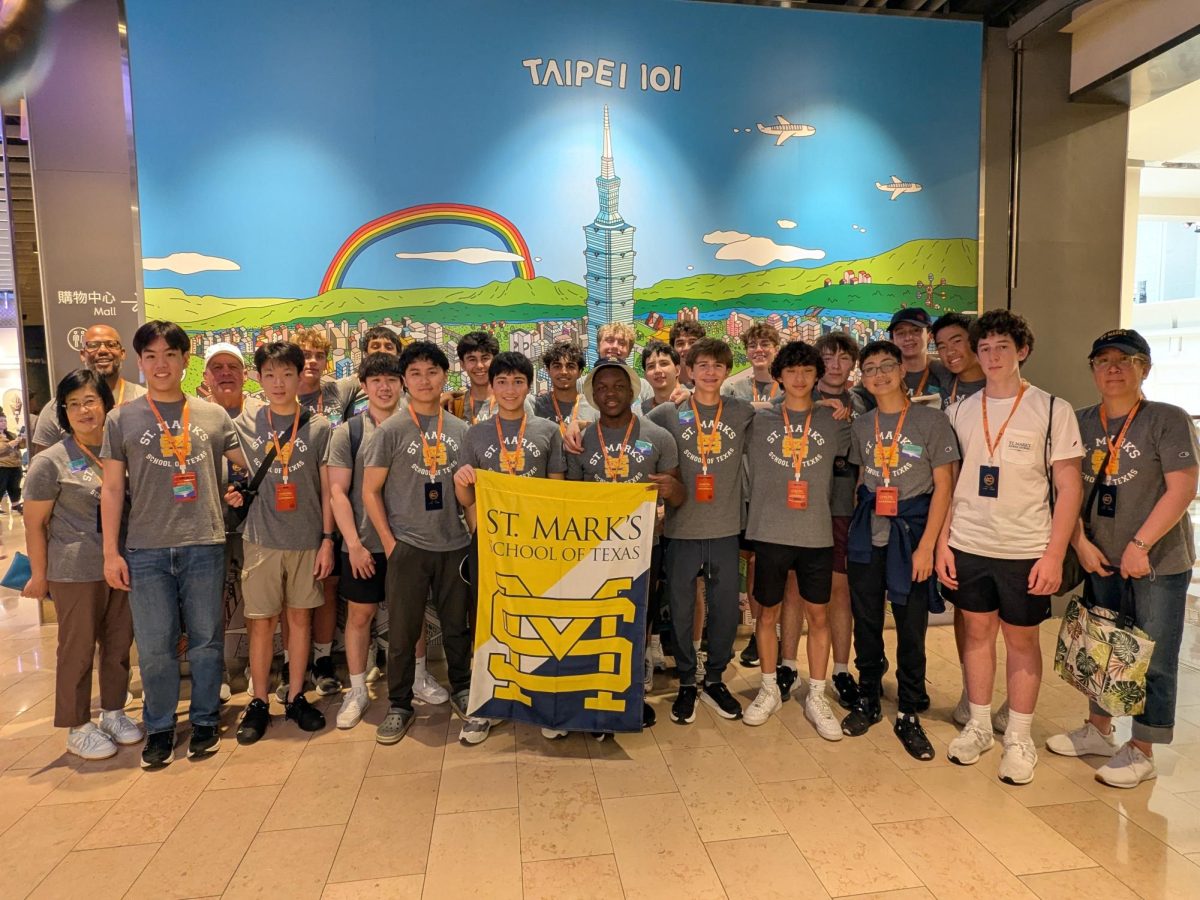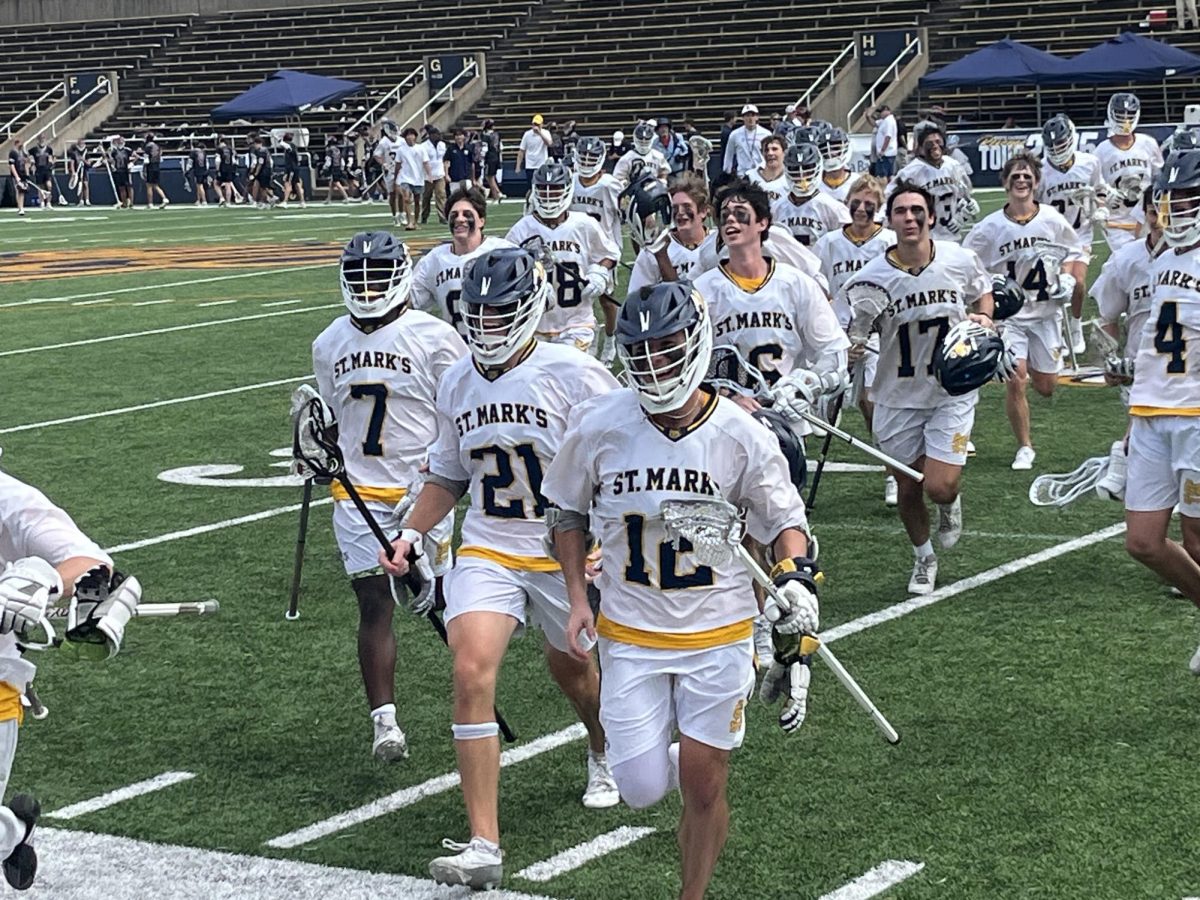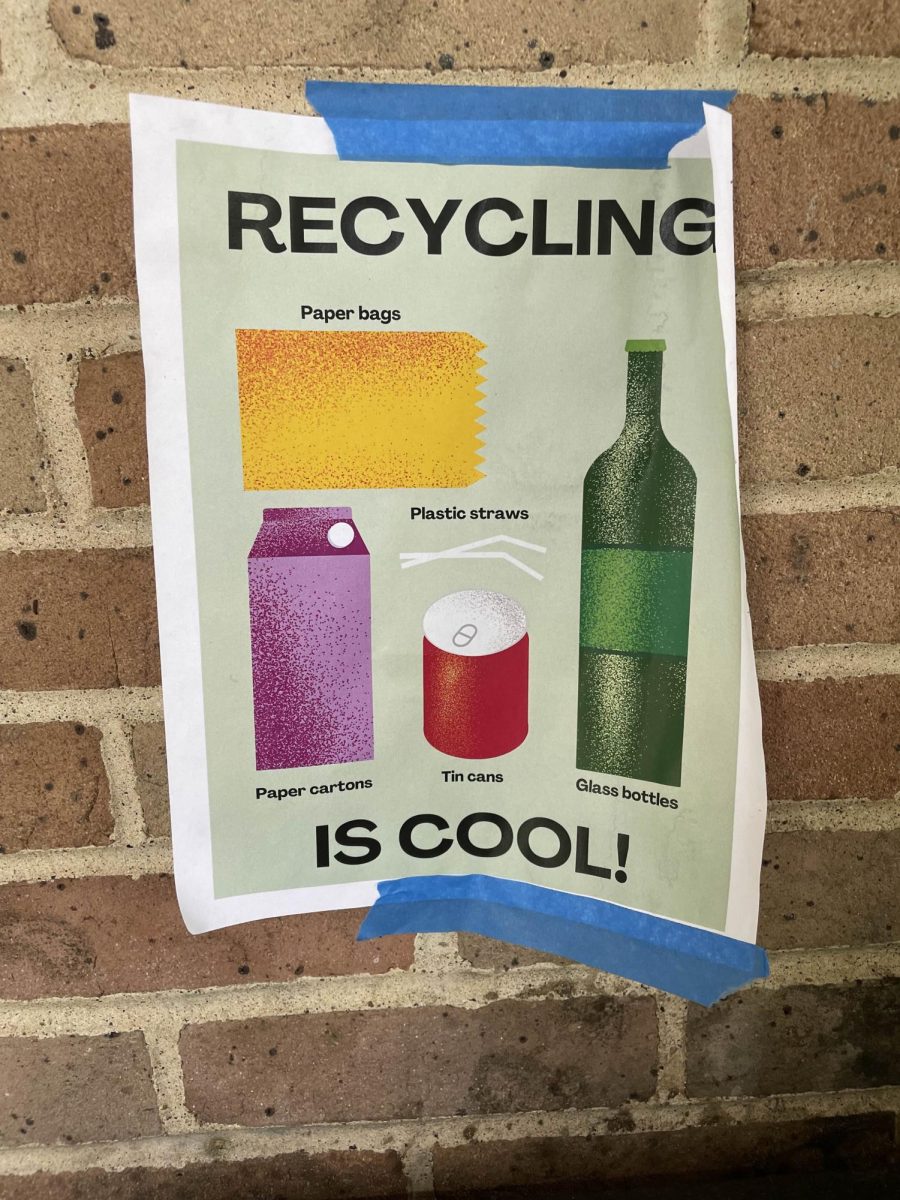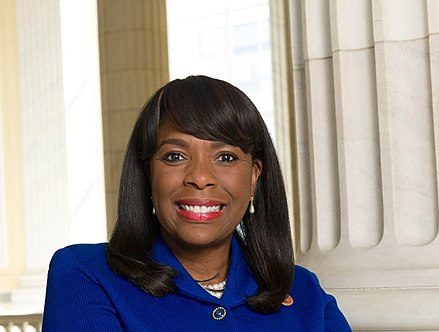
Congresswoman Terri Sewell is an Alabama native serving her 7th term in Alabama’s 7th Congressional district. She was one of the first African American congresswomen to serve in Alabama. Additionally, she was the first African American valedictorian at Selma High School. Congresswoman Sewell attended Princeton, Oxford University in England and earned her law degree from Harvard Law School. Congresswoman Sewell is a member of the Congressional Black Caucus, where she is Co-Chair of the Voting Rights Task Force. She advocates for job training, job development, and creating job opportunities and economic growth for the citizens of Alabama. Congresswoman Sewell helped to get the “Four Little Girls’ ‘ from the 1963 16th Street Baptist Church bombing the Congressional Gold Medal to honor their role in the Civil Rights Movement. After the Voting Rights Act of 1965 was overturned by the Supreme Court in 2013, Congresswoman Sewell created the John R. Lewis Voting Rights Advancement Act to help restore voting rights to all citizens.
Lawrence:
What does servant leadership mean to you? Do you have any specific testimonials of leadership situations that resulted in change and affected the communities around you where you utilized the idea of servant leadership?
Congresswoman Sewell:
Servant leadership means putting aside your own personal views and really trying to make sure that you are representing the district to the best of your ability. I represent 750,000 people. While I don’t have children of my own, 150,000 of them are in my district. They’re not their children; they’re our children. When I think of servant leadership, I think of the fact that sometimes you have to put party affiliations to the sidelines and decide if you’re going to actually help your district. This is something I decided a long time ago. I am Alabama’s only African American Congress person and only female congressperson. In our delegation, the delegation is seven members and two senators. So nine of us represent the state of Alabama. I couldn’t do what I wanted to do for my district without having their help and their buy-in. Every day, I represent the amazing people of Alabama 7th, and I have a huge national platform by which I can voice their concerns. I can talk about solutions. I can work to try to bring industry there, but I can’t do that alone. I tried to focus on our commonality. At the end of the day, we all represented the state of Alabama, and I found a link to my district to everybody. When I first got elected, our senators were Senator Shelby and our other senator was Senator Sessions, and he was from Wilcox County, the poorest county in the state of Alabama that I represent. So everybody had a link to my district. I proceeded to decide that I’m going to focus on having them help me bring industry to my district. So, every time we would talk, I would always find a way to weed the following into our following sentence into our discussion. I would say, my district is the poorest district in the state of Alabama and we need better industry, better economic development. If we can get it right in my district, maybe Alabama wouldn’t be the 50th worst state in the nation. If the next big thing that comes to the state of Alabama economically comes to my district, we will uplift the 7th Congressional District and, in turn, uplift our state. I would figure out a way to bring that sentence into every discussion.
The governor of the state of Alabama came to our luncheon and was invited to have lunch with us, and I heard my senator say, “You know, we’ve been thinking the next big thing that comes to the state of Alabama should really go to Terri Sewell’s district. After all, a rising tide lifts all boats.” I kept eating my salad. I didn’t want to look up and stop him. The end result: I received a $150 million manufacturing facility in Wilcox County, the poorest district in the state of Alabama. It brought 350 jobs to that area, and that would not have happened if I had put party politics over my representation of the people back home. All of us are vested in making sure that this manufacturing facility succeeds.
Servant leadership oftentimes means being willing to make compromises and sacrifices for your district. My service is to my district, not to me, but rather it is to the people whom I have the great privilege and honor of representing every day.
Lawrence: At St. Marks we learn to lead with our head, our heart, and our hands. How has this concept helped you in different stages of your career?
Congresswoman Sewell: Those principles of utilizing everything in your own personal toolkit to be able to provide guidance, advocacy on behalf of the people you represent is really important and to really be able to listen. The one that you forgot was ears because you can’t lead if you’re not willing to follow, and you cannot lead if you are if you think you have all the solutions. The most important skill set has been over the last 13 years for me has been going home every weekend, even if it’s only for two days. You can’t represent people if you’re not among those people and listening to what their concerns are there every day, concerns about jobs, good wages, good paying jobs where they could afford their own insurance. The reality is that if you give people tools and resources to use those tools, you can’t just give people opportunities without giving them access to resources to make sure that they know that opportunity is real for them and their families.
I am where I am because of the great people back home. I had two parents that were educators. They were teachers, and while they instilled and inculcated values to me. All of those values were reinforced by my Sunday school teacher, my 4H leader, my Girl Scout troop leader that that community nurtured me. I realized that I was given these great opportunities to be an ambassador for my district, my hometown. Everywhere I went, I was always very proud to say I was from Selma, AL. Everybody knew that. From my Oxford days, my Princeton days, and Harrelson days, everybody knew where Terri Sewell was from because I wore it as a badge of honor. I was utilizing every tool in my toolkit by the time I was 40 leveraging the amazing people I met along the way, whether that’s Michelle Obama when the Tornadoes hit in my district. I called her staff, and she immediately called me back. And the next day, the President came to Alabama to reassure us back in April 2011.
I believe that all of us who are blessed come from families that are blessed. My mom grew up in a two-bedroom house with eight siblings. She was blessed because her dad sharecropped this land and grew the food for them. I believe that if you’re blessed, you must have a season of service. I’ve encouraged all of my interns and the young people that I talked to about having a season of service. Now, that service doesn’t necessarily mean electoral politics. I’m not saying you have to run, but it does mean that you have to go. You have to give back to your community; you have to advocate on the issue that will change your school. Whatever your definition of community is, for some people, it’s their temple. For other people, it’s literally their community or their school.
I ask young people to have a season of service. Those communities need your skills, your advocacy, your money, your support. They need what you can provide for them, and it can be issue specific. No matter where life takes you, I hope that you will have a season of service. I actually hope that that season of service would be in electoral politics. You don’t have to run for Congress, but government literally controls every aspect of every human being’s life.
My passion is voting rights, and I believe it’s because I represent this district that brought us these amazing civil rights and voting rights. I think that my job is not only to represent the people who live there now, but also the amazing legacy that is my district, Alabama 7th Congressional District. We have a proud legacy of never giving up, never giving in, of making this country live up to its greatest ideals of equality and justice for all. I believe that to my core, and that has been my guiding principle, and that is what I try to do every day.







